Ever since social networking sites have become popular, they have created problems with their users. These sites let people lie and manipulate others. People can lie about who they are, and can type things they wouldn’t say in person. The drama and rumors circulate quickly and stay on the internet permanently. The biggest issue is cyberbullying. With more and more young people using these sites, it is a major problem.
A very big and recent issue on Facebook is the case of Amanda Todd, 15, from British Columbia. A man posted a topless photo of her so her peers and classmates could see it. This caused bullying towards her on Facebook and at school. She had to move schools twice. She started drinking, doing drugs and she later committed suicide. Facebook made it possible for everyone Todd knew to see the photo.
A recent, local incident is the Jackson and Bradley case. The two West Linn High School students went missing when they went hiking near Molalla. After they were missing for about a day, someone posted on Facebook that they were found. The rumor was false, but many people believed it. This made the police department have to contact people and tell them that it wasn’t true. This created false hope for the community and maybe even for their families.
Online dating sites and chat rooms are other big offenders. There are many of these sites and very few are reliable. People can lie about their age, gender, or appearance. Some users can be very manipulative. They can pry information out of people, or convince them to do things they wouldn’t normally do.
Social networking websites have grown in popularity in the last few years. 95 percent of teens between the ages 12 and 17 use the internet and social media. They are at the prime age where they are susceptible to peer pressure. Facebook and other sites like Twitter, Instagram, and chat rooms need to make their settings as private as possible. They need to make profiles confidential to every user and make it possible for users to report posts. Another solution is for teens to not use many of these sites. They need to take precautions because they are at risk for manipulation and bullying. Teenagers don’t realize that having a Facebook is a big responsibility. One thing they post or say becomes their “digital footprint,” according to Angie Hammond, information technology specialist.
According to Officer Mike Francis, school resource officer, a way for teens to stay safe is to friend at least one adult they trust. If someone is bullying them they will know about it, and they could help. Use the unfriend button. Do not keep people who are mean to them as friends. A major thing is for teens to keep their profile as secure as they can, and to be responsible and thoughtful about their use according to Francis.

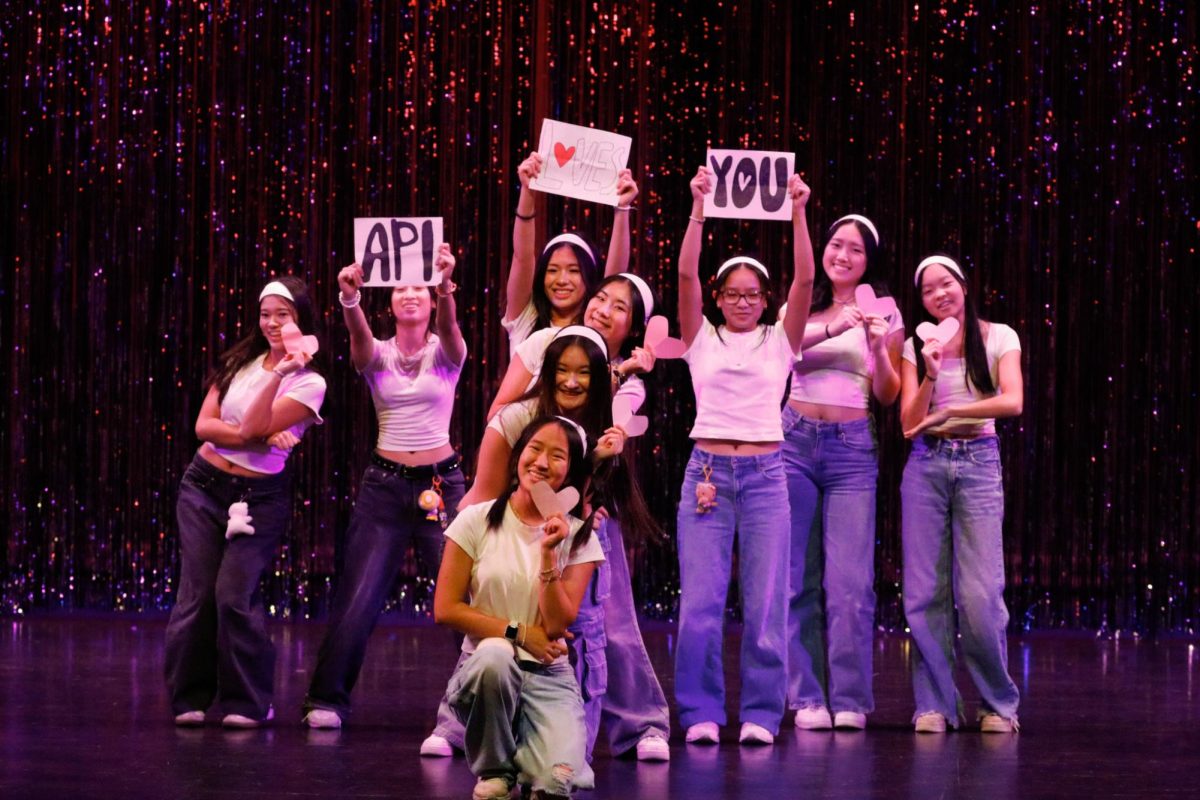
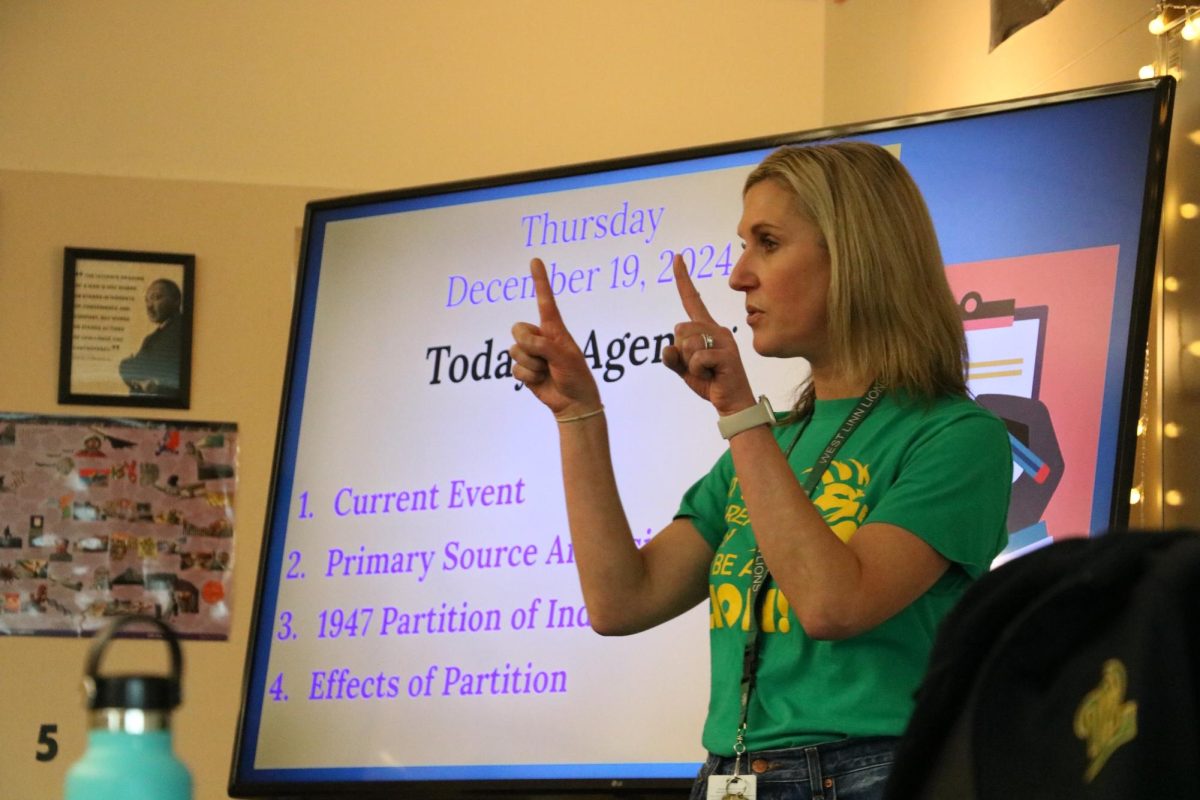





















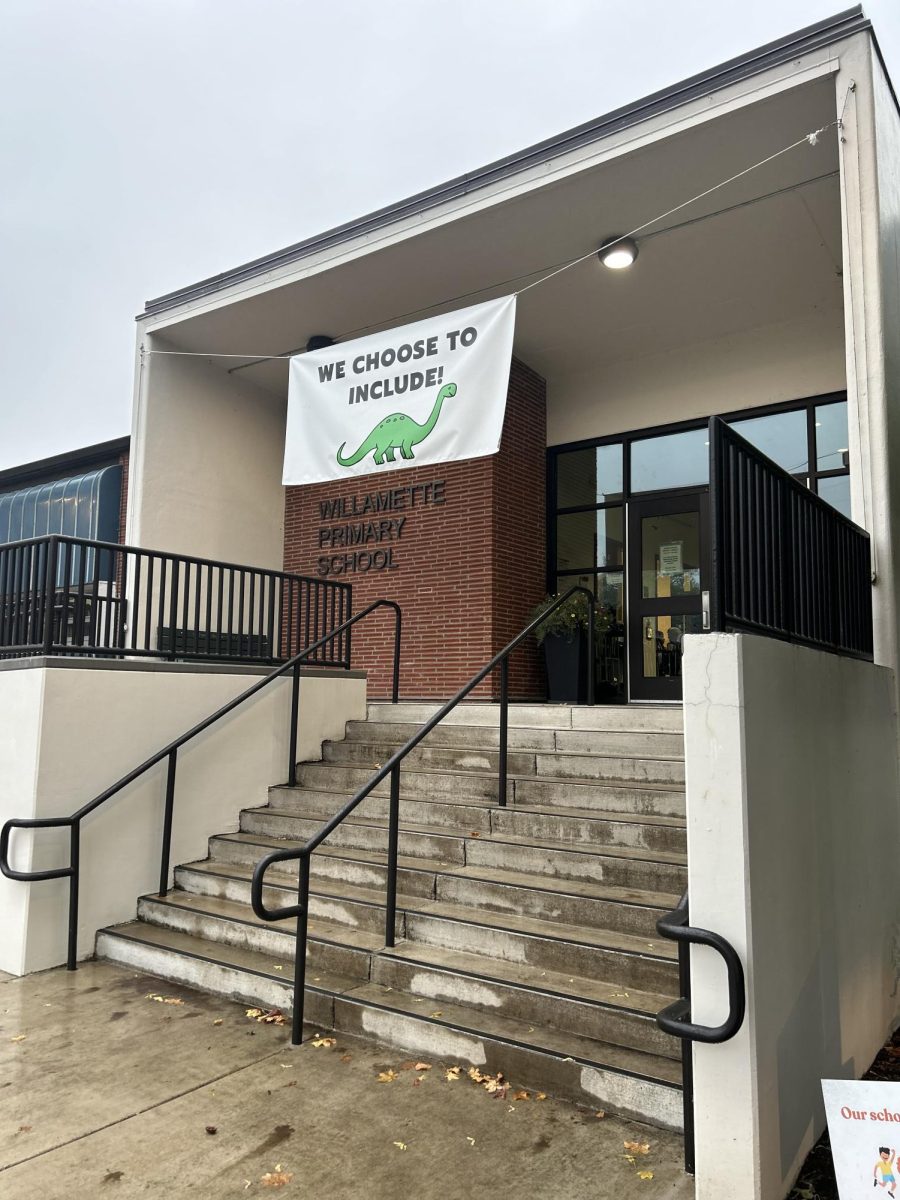






















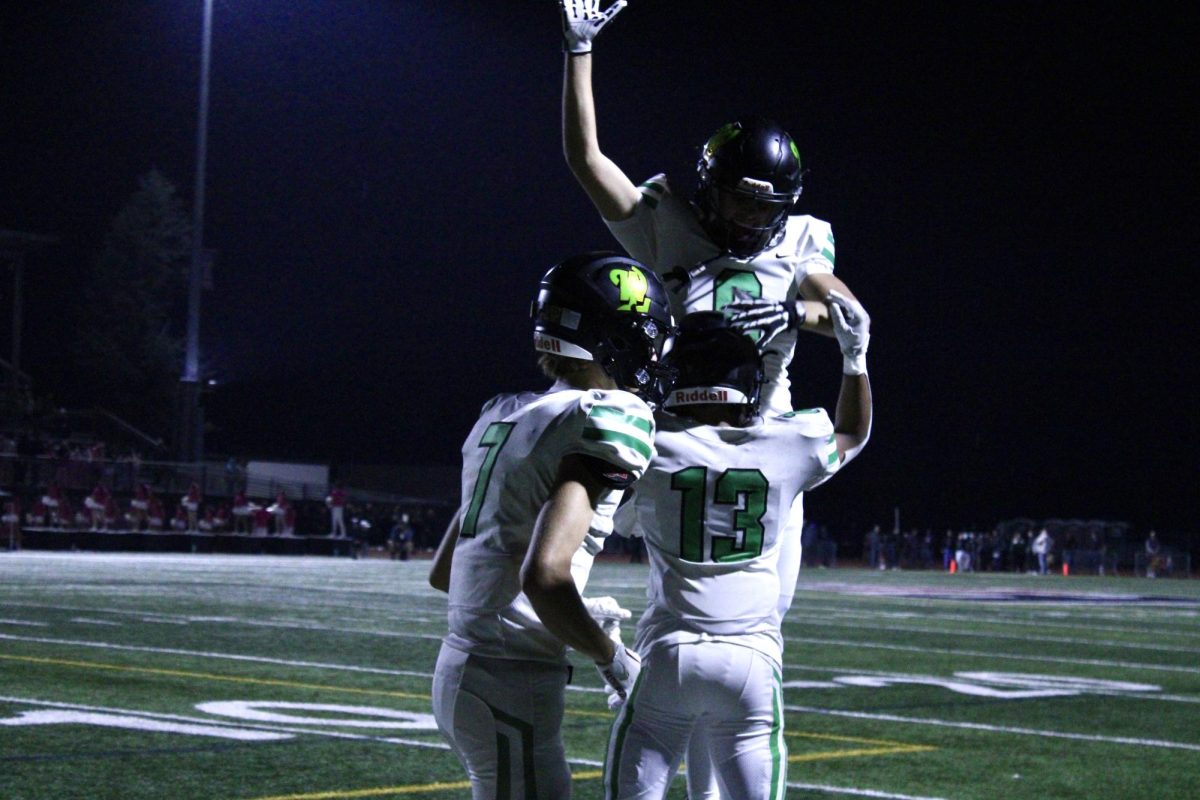





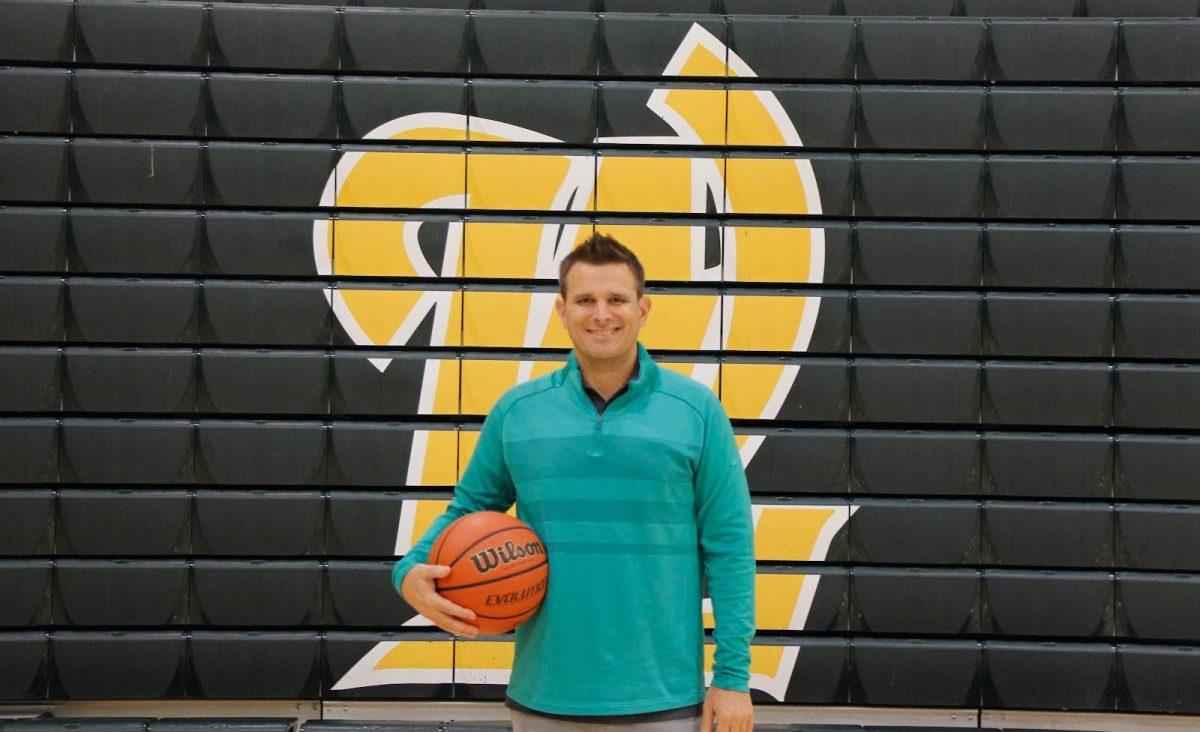







![At the bottom of the third inning, the Lions are still scoreless. Rowe stands at home plate, preparing to bat, while Vandenbrink stands off to the side as the next batter up. Despite having the bases loaded, the team was unable to score any runs. “It’s just the beginning of the season. We’re just going to be playing out best by June, [and] that’s where champions are,” Rowe said.](https://wlhsnow.com/wp-content/uploads/2024/03/IMG_3077-1200x900.jpg)







































![All smiles. The group poses for a photo with last year’s book, “This is Our House,” along with their award for third Best in Show. Meikle, who was an Editor-in-Chief for the yearbook last year as well, holds both and stands at the center of the group. “That was an amazing feeling, going and grabbing the third place award,” Meikle said. “All of it paid off. I cried so much over that book, being able to receive [the award] was one of the highlights of my high school career, it was like the coolest thing ever.”](https://wlhsnow.com/wp-content/uploads/2024/11/8bookpose_philly-1200x800.jpg)














